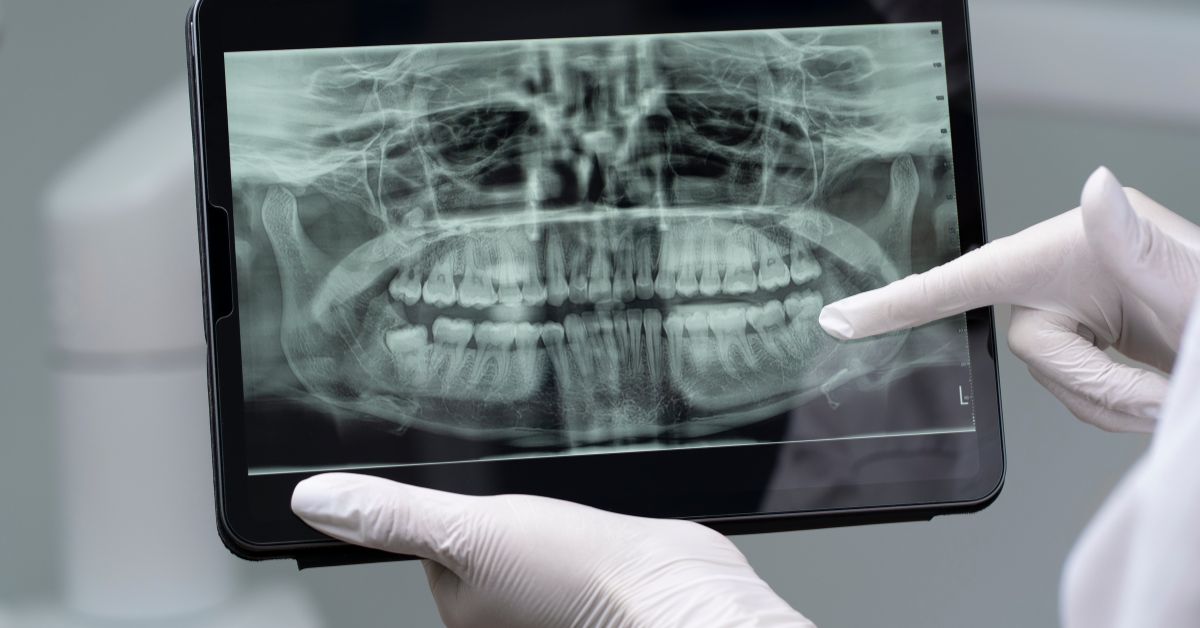Magnetic Resonance Imaging (MRI) is a common diagnostic tool used for capturing detailed images of internal organs, tissues, and bones. But if you have dental implants, you might be wondering — can you have an MRI with dental implants without complications? With more patients undergoing dental restorations and the increased need for MRIs due to medical conditions, this question is more relevant than ever.
This article offers a deep dive into the compatibility between MRI technology and dental implants. We’ll explore the types of materials used in implants, potential risks, how MRI machines work, and how to stay safe. Whether you’re a patient, caregiver, or medical professional, you’ll find this guide full of helpful insights.
🧩 Do Dental Implants Interfere with MRIs?
Most modern dental implants are made from non-ferromagnetic materials, primarily titanium or zirconia. These materials do not react dangerously to the magnetic fields used in MRI machines. However, earlier models or substandard implants may use alloys that can interfere with imaging or cause slight heating.
MRI machines use powerful magnets to capture body images. If metal is present, it can distort these images, especially when located close to the scan site (like in head or neck MRIs). The level of interference depends on:
-
Material type
-
Implant design
-
Location of the scan
In most cases, implants are labeled “MRI-safe” or “MRI-conditional,” meaning they’ve been tested for compatibility. Still, always notify your radiologist before the scan.
🎯 What Makes MRI & Dental Implants Safe Together?
Key Factors:
-
Implant Composition – Titanium is non-magnetic and widely accepted for MRIs.
-
Implant Position – Implants far from the scanning site pose minimal concern.
-
Implant Age – Newer implants follow MRI compatibility standards.
-
Manufacturer Guidelines – Reputable brands offer MRI documentation.
-
Radiologist Experience – Professionals assess risk before proceeding.
💡Common Misconceptions About MRI with Dental Implants
-
“All metals are dangerous in MRIs” – Not true. Only ferromagnetic metals are risky.
-
“Implants will be pulled out” – Modern MRI machines are safe for approved materials.
-
“You can’t get brain MRIs with dental work” – Image distortion may occur, but it’s manageable with adjustments.
Bold Truth: MRIs can be safely performed with implants in most cases if the proper protocols are followed.
📋 How to Prepare for an MRI with Dental Implants
-
Inform Your Radiologist – Share all medical and dental implant records.
-
Check Implant Material – Get documentation from your dentist.
-
Avoid Jewelry & Fillings – Metal in crowns or fillings may distort images.
-
Ask About Alternative Imaging – In rare cases, CT scans might be preferred.
-
Don’t Panic – MRI technicians handle such cases frequently.
📚 What the Research & Experts Say
According to multiple radiology studies:
-
Titanium implants show negligible signal loss or artifacts in most MRIs.
-
The FDA classifies titanium as MRI-safe.
-
Oral maxillofacial journals confirm no reported heating or movement of implants during MRIs.
Experts recommend disclosing dental work, but not avoiding MRIs.
🛡️Safety Tips & Patient Checklist
-
✅ Double-check implant composition
-
✅ Request MRI-safe label confirmation
-
✅ Choose an imaging center experienced in dental implant cases
-
✅ Avoid non-urgent MRIs if implant material is uncertain
-
✅ Ask for artifact reduction techniques if image clarity is critical
❓Frequently Asked Questions
1. Can titanium dental implants cause problems in an MRI?
No. Titanium is non-magnetic and MRI-safe. Most implants today are made from titanium alloys.
2. Will my dental implants affect MRI images?
Only slightly. Minor artifacts may appear near the mouth, but trained radiologists can adjust scanning protocols.
3. Can dental crowns interfere with MRIs?
Some crowns with metal components might distort images but pose no health risk.
4. Do I need to remove dentures or retainers before an MRI?
Yes. Any removable metal-based oral device should be taken out before the scan.
5. Should I cancel my MRI because of dental implants?
Not at all. Inform your technician, and they will assess the best approach. Implants rarely prevent scans.
🏁 Conclusion
So, can you have MRI with dental implants? In nearly all modern cases — yes, absolutely. Dental implants, especially those made from titanium or zirconia, are designed to be compatible with MRI technology. However, communication is key. Always alert your healthcare provider and MRI technician about your dental implants to avoid any complications or imaging issues.
MRIs are safe, effective, and life-saving tools. Don’t let uncertainty about your dental implants prevent you from getting a crucial diagnosis.
